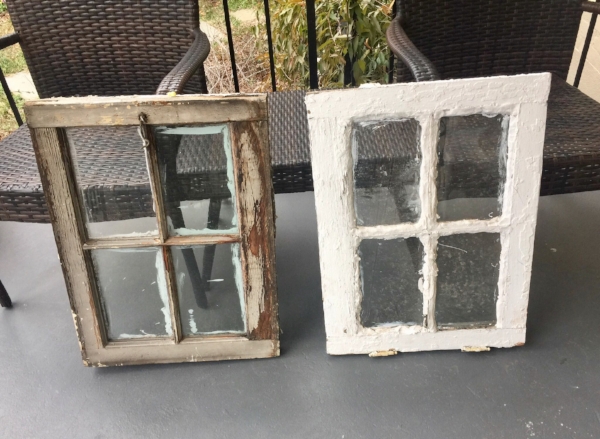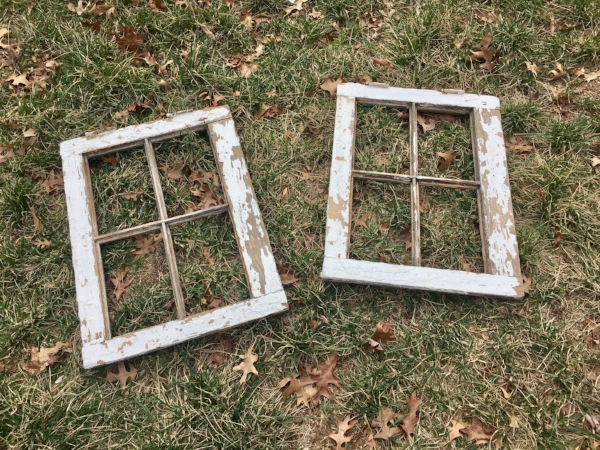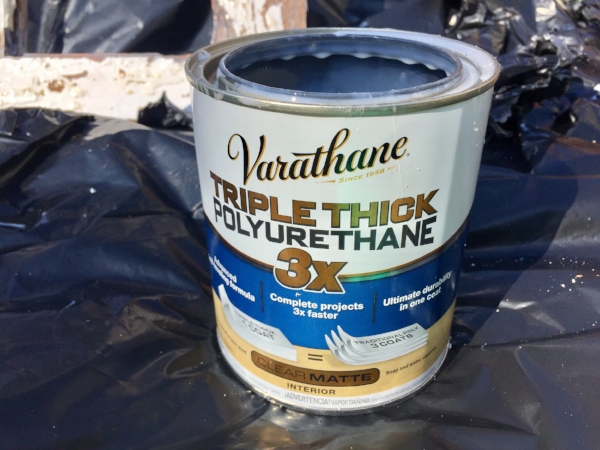A good financial planner will advise you that you want to have diversity in your investment portfolio, with the mix depending on your risk profile, stage of life and short- and long-term goals. Homeownership is a great way to build wealth, as your housing costs are helping you gain equity (instead of paying someone else’s mortgage and expenses) and realize other advantages (from tax savings to simply enjoying making a home your own).
Photo Credit: PT Money
Many individuals and families will own a primary or secondary residence, perhaps a vacation home, but others will jump back into the market with the goal of acquiring a property purely as an investment. Some will join a REIT (real estate investment trust), while others will buy and hold (waiting to sell when the time is right) or flip (making improvements and selling right after). However, many investors will buy and become landlords, having someone else pay most or all of their mortgage (and, ultimately, securing equity over time).
In the DC area, we have a very fluid population, with people constantly coming to and leaving the area for work and study — meaning there’s a strong demand for rentals. And, while DC’s rate of population growth rate has slowed down a bit, the region continues to be a draw for individuals and businesses. So, what should you ask yourself if you and your financial advisor agree a new real estate investment may be right for you?
What’s my budget? Adding a property to your personal portfolio will require an initial investment and ongoing maintenance and carrying costs. You’ll want to consider the upper limit on your investment and then calculate the associated expenses — down payment (with higher requirements from lenders for investment properties), closing costs, professional fees (for the purchase, finding tenants and perhaps property management), maintenance reserves, etc.
Where’s the “sweet spot” in the market? An investment property may or may not be a property you could see yourself in. As an agent, I advise my clients on the state of the rental market and what types of properties (size, location, price point, etc.) are the most likely to be consistently in demand and rented with limited gaps in tenancy. Just because it doesn’t meet your needs, tastes and location preferences doesn’t mean it isn’t a good investment.
What’s my required capitalization rate and/or cash flow? Investors often evaluate potential properties by looking at their capitalization rate, or cap rate. Simply put, the cap rate is your annual return, calculated by dividing the net income by the market value of the property. In more competitive markets, like DC, lower rates might be expected. Another key consideration is your projected cash flow. Ideally, your rental income should cover the mortgage principal, interest, taxes and insurance on the property at minimum. If you are looking at investments that may have a slightly negative cash flow, take the time to even further evaluate if this is the best investment for you now. Perhaps you’d be better served by putting your funds into another short-term investment so you can increase your down payment and lower your PITI or by finding another property.
What type of landlord will I be? If you are buying an investment property near your home (or where you have a network already established), you may be able to self-manage your property. While this will require you to invest time and be on call 24-7, you will be reducing your ongoing expenses. However, carefully consider the trade-offs in time and stress if your budget allows you to outsource the property management (with fees running up to 10% of the rental income). Either way, if you haven’t already, familiarize yourself with landlord-tenant laws in your area. You’ll want to ensure, whether you are hiring a property manager or self-managing, that you are a well-respected landlord , abiding by rules and regulations and understanding the processes for handling any potential issues.
If you’ve asked yourself these questions and think acquiring an investment property may be right for you, reach out to an experienced agent to dig in deeper and talk about next steps in evaluating your readiness!














